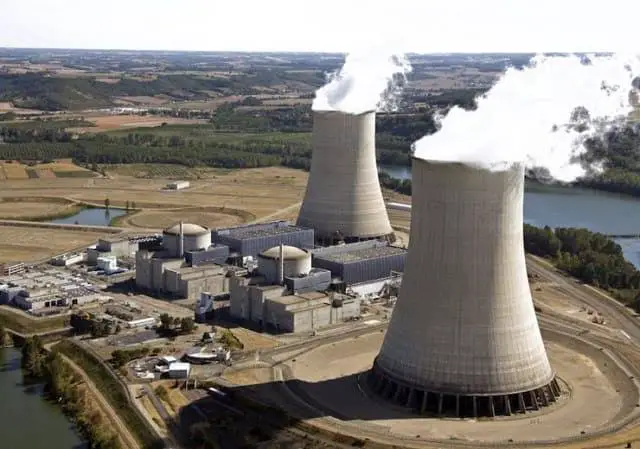Recently, Uganda said that it expects to begin producing at least 1000 megawatts (MW) from nuclear power by 2031. The country is working to diversify its sources of electricity and expedite its energy transition. This is an essential component of its response to climate change.
President Yoweri Museveni has stated that Uganda has uranium. He claimed that his government is keen to use it for the development of nuclear energy.
Read also:San’ao Nuclear Power Plant in China: Nuclear Island Installation Work Starts at Unit 1
Uganda recently inked a deal with China under which the China National Nuclear Corporation (CNNC) will help Uganda’s capacity building in the use of atomic energy for peaceful purposes.
The first nuclear project, the Buyende Nuclear Power Plant, will be situated at Buyende. The project’s site is 150 kilometers (93 miles) north of Kampala, the country’s capital. This is according to a statement from Energy and Minerals Minister Ruth Nankabirwa Ssentamu.
The first nuclear plant’s generation capacity
The first nuclear power project is anticipated to generate 2,000 MW. Also, the first 1000 MW are expected to be connected to the national grid by 2031. She said that preparation to assess the site of the Buyende Nuclear Power Plant is currently underway. This will also pave the way for the country’s first nuclear power project.
She added that Uganda is taking decisive steps to integrate nuclear energy into its mix of electricity generation sources in order to guarantee energy security as well as deliver sufficient electricity for industrialization.
Only South Africa currently has a nuclear power plant that is operational in Africa, while Egypt’s first nuclear power plant is currently being built by Rosatom, the state-owned energy corporation of Russia.
Currently, Uganda has an installed production capacity of roughly 1,500 MW. The officials assert that as oil export revenues fuel economic growth, the country’s energy demands will also rise in the years to come.

